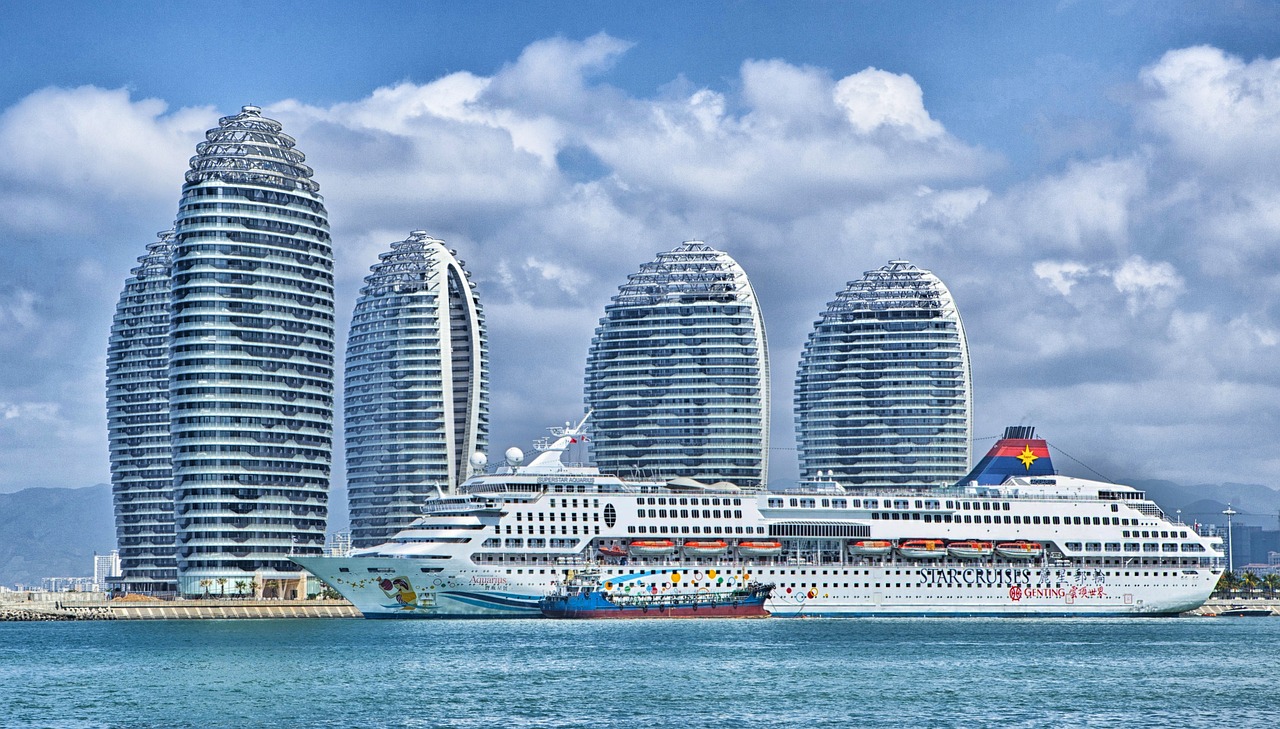The Canadian Coast Guard is reporting progress with the salvage operations for the grounded containership MSC Baltic III which has been stranded in a remote part of Newfoundland since losing power on February 15. Weather, despite it having progressed from winter to spring, continues to be the biggest challenge with the cove exposed where the vessel is grounded and days when crews cannot access the ship.
As of mid-week, the Coast Guard reports the salvage team hired by MSC had been successful in removing approximately 230 cubic meters of fuel from the vessel, with 195 cubic meters having been transferred from the barge to another of the company’s containerships MSC Celine (2,732 TEU). The discrepancy in volume is due to the amount of residual oil left in the frac tanks after transfer.
MSC Celine made a stop in Corner Brook last weekend, April 25-26, during which time the fuel that had been pumped into frac tanks on a barge was transferred to the MSC vessel. AIS shows the ship departed April 26 and is due in Freeport, Bahamas on its normal route.
The fuel removal from the wreck is a slow process as it requires heating before the fuel is pumped from the vessel’s tanks to frac tanks that were placed on deck. When full the tanks are too heavy to lift, so the fuel needs to be again heated and it is pumped to tanks on a barge alongside. The Coast Guard reports four frac tanks on the deck of the MSC Baltic III are full. They were hoping for a window of good weather noting once that is pumped off approximately a quarter of the fuel will have been removed from the ship.
Images on Canadian TV also showed the vessel’s cranes in operation shifting containers. The Coast Guard reports an additional 14 boxes had been transferred to a barge and moved by tug into Corner Brook where they will be placed on the dock. Previously they reported eight boxes with hazardous polymer beads were removed. The vessel had approximately 470 boxes aboard, although half were reported to be empty. Three empties were ripped open by the weather, but the Coast Guard highlighted the priority remains the removal of the fuel and reducing the pollution risk.
Coastal surveys are continuing, and they reported finding two additional tar balls. Six tar balls had previously been found in mid-April, but they believe it was washed from the vessel and not a large leak. The hull however has multiple cracks with reports of water in the engine room and cargo holds.
There is no estimate of how long it will take to complete the salvage operation. The contractors hired by MSC have begun work on an access road into the area of the cove. It will be used to move personnel and equipment into the area. Earlier reports had said a bridge would be built to the bow of the vessel to also provide easier access and make the operations less dependent on good weather conditions.






